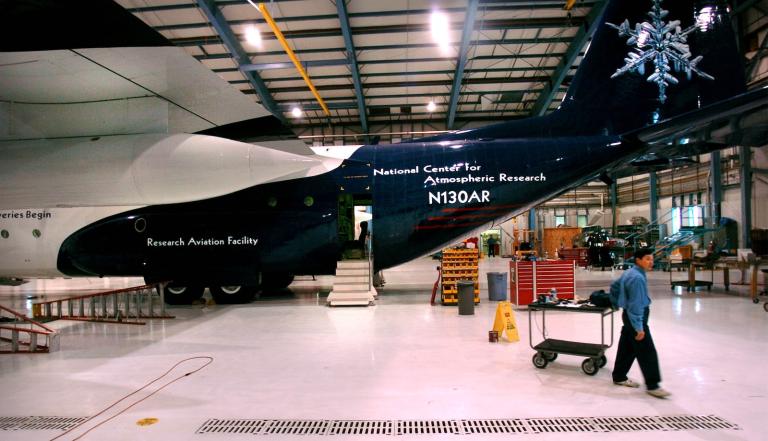The post on the mileage tax stirred up a lot of reaction, much of it negative. As it happens, the state of Oregon recently wrapped up a successful trial of a mileage tax system, so for the next few posts I’m going to be relying heavily on an excellent final report on the system (PDF) from the Oregon Department of Transportation (ODOT).
The primary objection to a mileage tax is that we already have one: it’s called the gas tax, and it’s easy to administer, fair, and has the added bonus of rewarding fuel-efficient vehicles and driving behavior. ODOT says, “From the standpoint of tax policy, the gas tax is close to perfection.”
Or at least, it was close to perfection. It has one fatal flaw and a few subsidiary issues. Any discussion of the mileage tax must be grounded in an understanding of the gas tax’s growing problems.
First, keep in mind that the gas tax is meant to raise funds for road infrastructure. Any environmental benefits are incidental. And with regard to its primary function, the gas tax is nearing the end of its useful life, because its tax base is steadily and inevitably dwindling. Cars have become more fuel-efficient — as they must under the nation’s CAFE laws — and these efficiency gains will grow as hybrid electric and fully electric vehicles make up a greater proportion of the national fleet. States across the country today face budgetary shortfalls from this trend. ODOT says, “In about 10 to 15 years the state’s gas tax revenues will enter permanent decline. While this crisis is only a few short years off, the pain of lost revenues has already begun.” (Ten years might sound like a long time, but ODOT’s plan for phasing in a mileage tax stretches all the way to 2040.)
Second, the environmental benefits of the gas tax are largely theoretical. The tax is too low to have much effect on either vehicle choice or driving behavior. According to ODOT, “the average passenger vehicle driving 12,000 miles per year only pays $12 in state gas tax per month,” a tiny fraction of fuel cost, insurance cost, and vehicle cost. While it’s great that a Hummer driver pays more in gas taxes than a Prius driver, a Hummer driver also pays a lot more for gas. In truth, neither driver is sweating the tax very much.
A sharp upward adjustment to the gas tax could address both these issues. Which brings us to the third problem: decades of experience show the near impossibility of raising the gas tax even to the extent necessary to match inflation. Last year, two of the three leading presidential candidates campaigned on a suspension of the gas tax — and they weren’t even from the same party. Politicians usually take the heat for this situation, but much blame lies with gas-obsessed voters.
Would a mileage tax address these issues? Clearly it addresses the first. The only source of revenue erosion under a mileage tax would be a drop in miles driven, which are far more stable over time than gallons purchased. Note that this issue alone dictates the eventual replacement of the gas tax.
Regarding the second issue, a mileage tax can easily be designed to reward vehicle fuel efficiency in the same manner that a gas tax does. In fact, more exotic mileage taxes can specifically target drivers who bear a disproportionate share of responsibility for greenhouse gas emissions or are most able to seek transportation alternatives — say, people who drive gas guzzlers in urban centers. Will such a system be any better than a gas tax at encouraging conservation? Probably, and it’s unlikely to be any worse.
Finally, will politicians be able to raise a mileage tax to keep revenue in line with expenditures? Uncertain. On the one hand, the level of emotion surrounding the gas tax springs in part from the high volatility of gas prices. Separating the road fee from the fuel bill might lower the temperature of this issue. On the other hand, Americans pretty much hate to pay for anything. At the very least, the lack of revenue erosion with a mileage tax will reduce the need for constant price hikes. Again, it seems unlikely that the new system could be worse than the old.
So the scorecard thus far is that a mileage tax corrects the huge, gaping flaw in the gas tax and performs at least as well on two secondary issues. Next up: the complexity issue.


